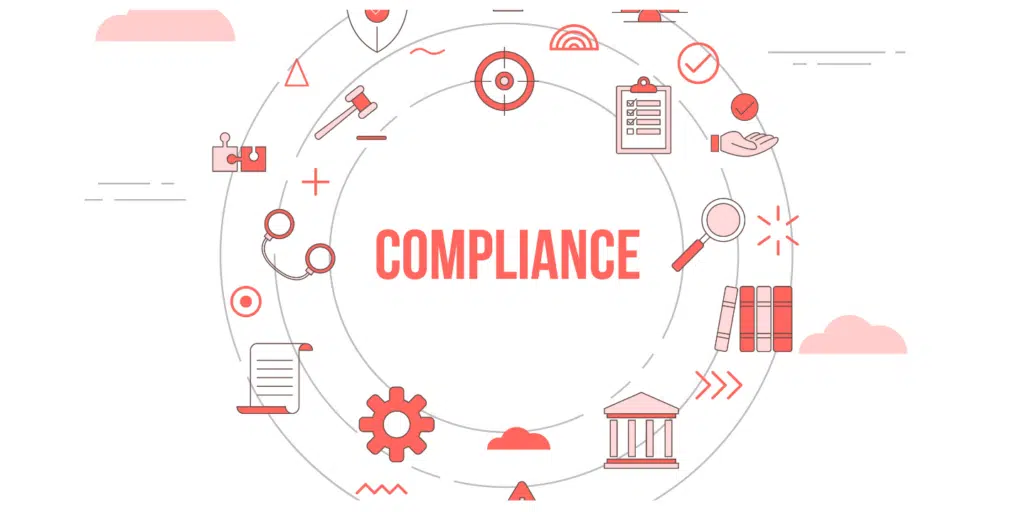Global Compliance Made Simple with PEO/EOR Platforms

As the global economy becomes increasingly interconnected, businesses are expanding their operations across borders to tap into new markets and take advantage of cost-effective resources. While this presents exciting opportunities, it also brings significant compliance challenges. Each country has its own legal and regulatory framework, and businesses must comply with various laws and regulations, including tax laws, employment laws, and immigration laws. Failure to comply can result in legal, financial, and reputational consequences.
To help businesses navigate these complex compliance requirements, many are turning to professional employer organizations (PEO) and employer of record platforms. These platforms provide a comprehensive suite of services that allow businesses to manage their global workforce in a compliant manner while focusing on their core business functions.
What is a PEO/EOR platform?
A PEO is an organization that provides human resources (HR) outsourcing services to businesses. It enables businesses to outsource HR functions, including payroll processing, benefits administration, and employee onboarding, to a third-party provider. By doing so, businesses can save time and resources that they would have otherwise spent on these non-core functions.
On the other hand, an EOR is a company that hires employees on behalf of another company, becoming the employer of record for tax and legal purposes. The EOR takes care of payroll, tax compliance, and other legal requirements, while the client company maintains control over the employees’ day-to-day work.
A PEO/EOR platform combines the services of both PEOs and EORs, offering a complete HR outsourcing solution for businesses with a global workforce. The platform provides a range of services, including HR administration, payroll processing, benefits management, compliance management, and employee relations support. It also acts as the employer of record, ensuring compliance with local employment laws and regulations.
To streamline global HR operations, platforms like Global Squirrels offer end-to-end solutions that combine the power of PEO services, EOR support, and automated payroll management. Whether you’re hiring internationally or managing compliance across borders, Global Squirrels helps you do it all – without setting up a legal entity.
How does a PEO/EOR platform help with global compliance?
A PEO/EOR platform helps businesses comply with local laws and regulations in the following ways:
1. Local expertise
Each country has its own unique legal and regulatory environment, and it can be challenging for businesses to keep up with the changes. A PEO/EOR platform has local experts who are familiar with the local laws and regulations, ensuring that businesses comply with them.
2. Compliance management
A PEO/EOR platform provides compliance management services to ensure that businesses meet their legal and regulatory obligations. This includes payroll compliance, tax compliance, immigration compliance, and employment compliance.
3. Classification of employees
A PEO/EOR (Professional Employer Organization/Employer of Record) can play a crucial role in helping businesses classify their workers correctly to ensure compliance with labor laws and regulations. PEOs/EORs assist businesses in creating and maintaining the necessary documentation and help businesses understand the criteria for classifying workers as employees or independent contractors and ensure that the classification is done correctly.
4. On-time and error-free payments
By partnering with a global payroll provider, a business can ensure that their employees are paid accurately and on time while accounting for various employer burdens. These burdens may include VAT tax, health insurance, social security, retirement plans, paid time off, worker’s compensation, and holiday bonuses, among others. Working with a global payroll provider offers a streamlined solution to ensure compliance with local and international laws and regulations, reduce the risk of errors or omissions in payroll processing, and alleviate administrative burdens for the business.
5. Employee management and risk mitigation
A PEO/EOR platform takes care of employee management, including onboarding, benefits administration, and performance management. This allows businesses to focus on their core functions while ensuring that their employees are managed in a compliant manner. Non-compliance can result in legal, financial, and reputational consequences. A PEO/EOR platform helps businesses manage their compliance risks by providing risk assessment and mitigation services.
Conclusion
In summary, PEO and EOR platforms can provide several benefits for companies expanding globally. These platforms can help companies stay compliant with local labor laws, handle payroll processing and tax filings, administer benefits, manage risk, and save money. By outsourcing HR tasks to a PEO or EOR platform, companies can focus on their core business operations and leave the complexities of global compliance to the experts.
Ready to hire internationally without setting up a local entity? Explore our Employer of Record (EOR) services to simplify global hiring, ensure compliance, and scale with confidence.
